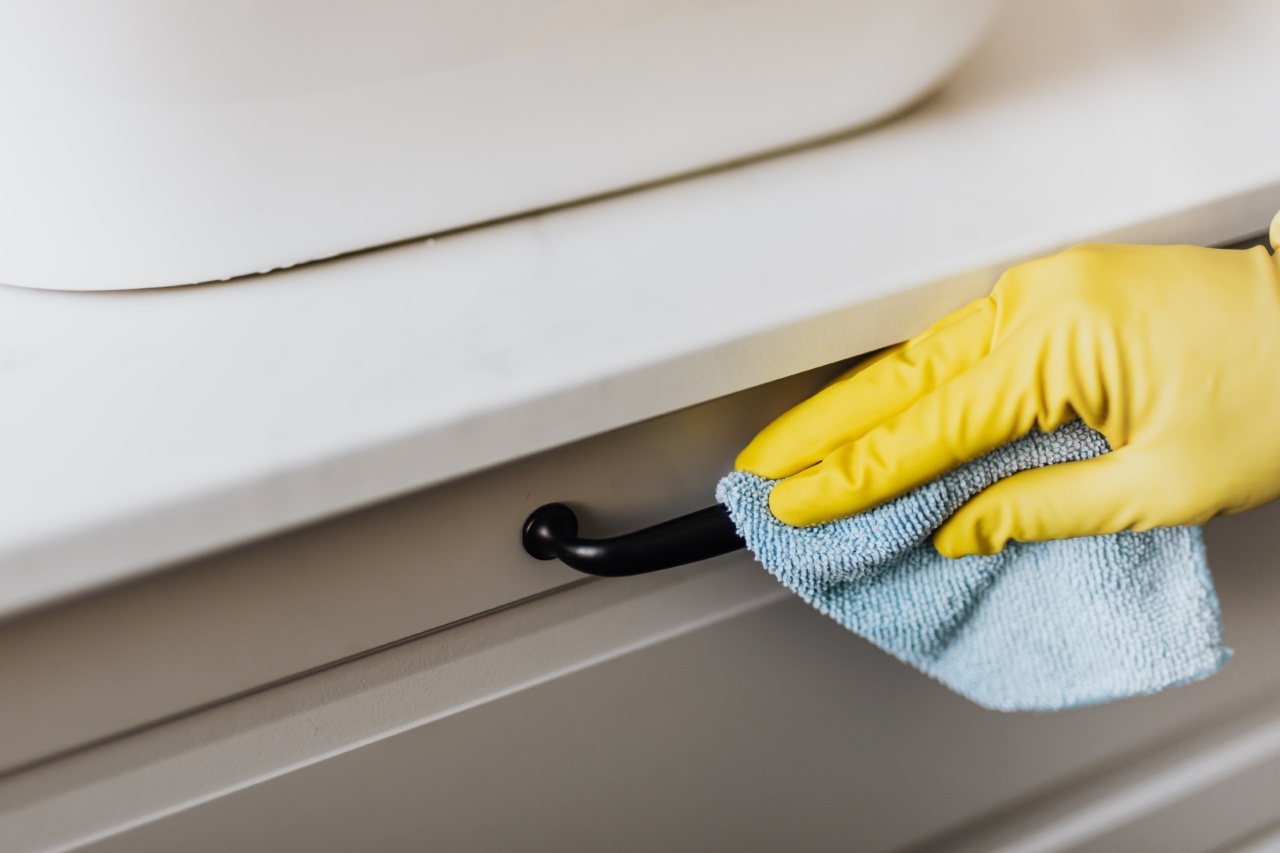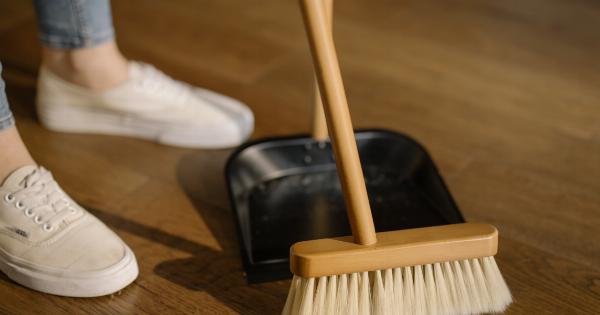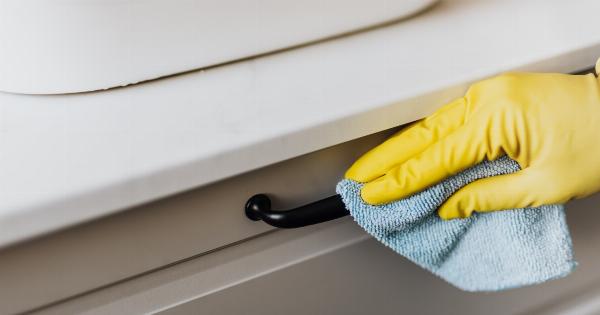It’s common knowledge that cleanliness is an essential factor in maintaining good health and hygiene. However, there comes a point where too much of anything is hazardous. This applies to cleaning as well.
In recent times, an obsession with cleanliness has led to the rise of cleaning products, antibacterial soaps, and sterilizers. However, excess of anything is dangerous, and the same applies to the hygiene and cleanliness of individuals. Here is a comprehensive guide to understand the risks associated with excessive cleanliness.
What is Excessive Cleanliness?
Excessive cleanliness, also known as ‘clean-freak,’ is an OCD-like behavior that is associated with using an excessive amount of cleaning supplies, constantly washing hands and body with antibacterial soaps, and sterilizing everything around them. Excessive cleanliness is also linked with intrusive, disruptive thoughts related to germs and bacteria.
The Risks of Excessive Cleanliness
Reduced Immune System
The human body is home to trillions of bacteria, viruses, and fungi. These microorganisms help maintain the body’s proper function. A human can’t survive without any microbes.
When an individual uses an excessive amount of cleaning products such as antibacterial soaps and sanitizers, they reduce the body’s natural microbial communities. When this happens, the body’s immune system becomes weak, making us more susceptible to infections.
Development of Allergies and Asthma
The body’s immune system can overreact when exposed to harmless substances in an excessively clean environment. This overreaction can lead to the development of allergies and asthma.
In children, exposure to allergens and bacteria plays a crucial role in building a robust immune system. Thus, preventing them from building up bacteria and allergen tolerance leads to health problems later in life.
Ecological Imbalance
The use of a vast amount of cleaning supplies and sterilizers can harm the environment. When people flush these chemicals down the drain, they enter waterways, and the chemicals harm aquatic life.
Antibacterial soaps containing triclosan, for instance, can persist in the environment for years, leading to antibiotic-resistance in aquatic organisms.
Mental Health Issues
Cleanliness obsession is associated with anxiety, depression, and obsessive-compulsive disorder. The constant fear of germs and bacteria can lead to intrusive and disruptive thoughts that affect the daily life of an individual.
It can also lead to social isolation, causing depression and anxiety.
Tips to Maintain Optimal Cleanliness
Maintaining cleanliness is crucial for hygiene and good health. However, it should not come at the cost of our health and environment. Here are some tips for maintaining optimal cleanliness:.
Wash Hands Frequently
Washing hands frequently with soap and water, especially during the pandemic, is essential. Use an alcohol-based sanitizer when soap and water are not available.
However, avoid excessive use of sanitizers as they can dry out your skin and harm your natural microbial community.
Use Safe, Non-Toxic Cleaning Supplies
Using safer, non-toxic, and eco-friendly cleaning supplies can help to maintain good hygiene without harming the environment.
Instead of using bleach or other chemical-based cleaners, consider using vinegar, baking soda, or hydrogen peroxide, which are effective and eco-friendly alternatives.
Expose Yourself to Different Environments
Breathing in fresh air, being outdoors, and exposing yourself to different environments can help build a robust immune system and reduce the risk of allergies and asthma.
Consider going for hikes, walks in the park, and other outdoor activities to maintain good health and boost your immunity.
Relax and Let Go
Remember that a small amount of dirt and bacteria is not harmful. Relax and let go of the need to control every aspect of your environment.
Small amounts of healthy bacteria are crucial for maintaining good health, and obsessively cleaning can do more harm than good.
Conclusion
Cleanliness is essential for good health and hygiene, but too much of anything is hazardous. Excessive cleanliness can cause reduced immunity, development of allergies and asthma, ecological imbalance, and mental health issues.
Maintaining optimal cleanliness should not come at the cost of our health and environment. Instead, it should be a balance between hygiene and healthy microbial communities.






























